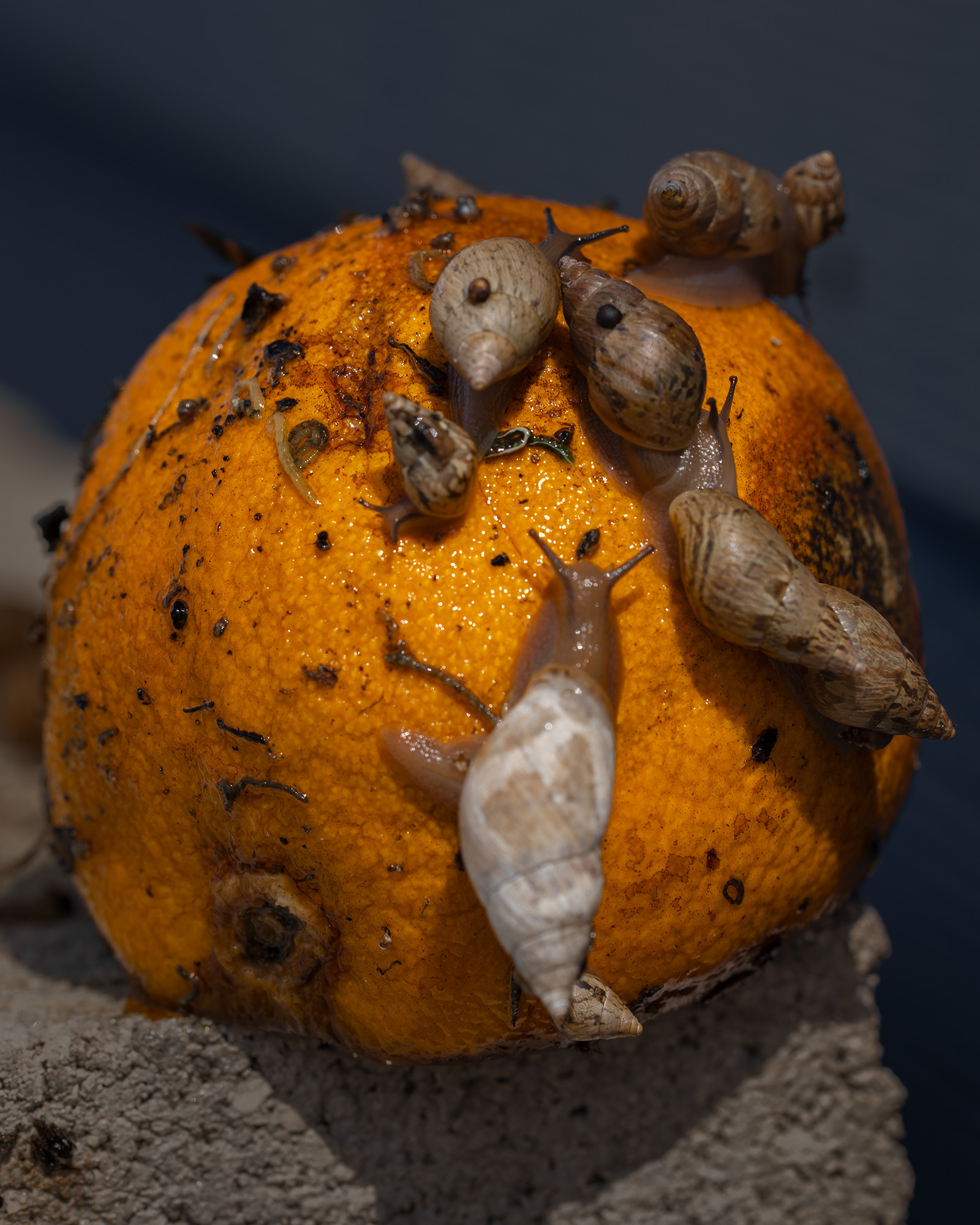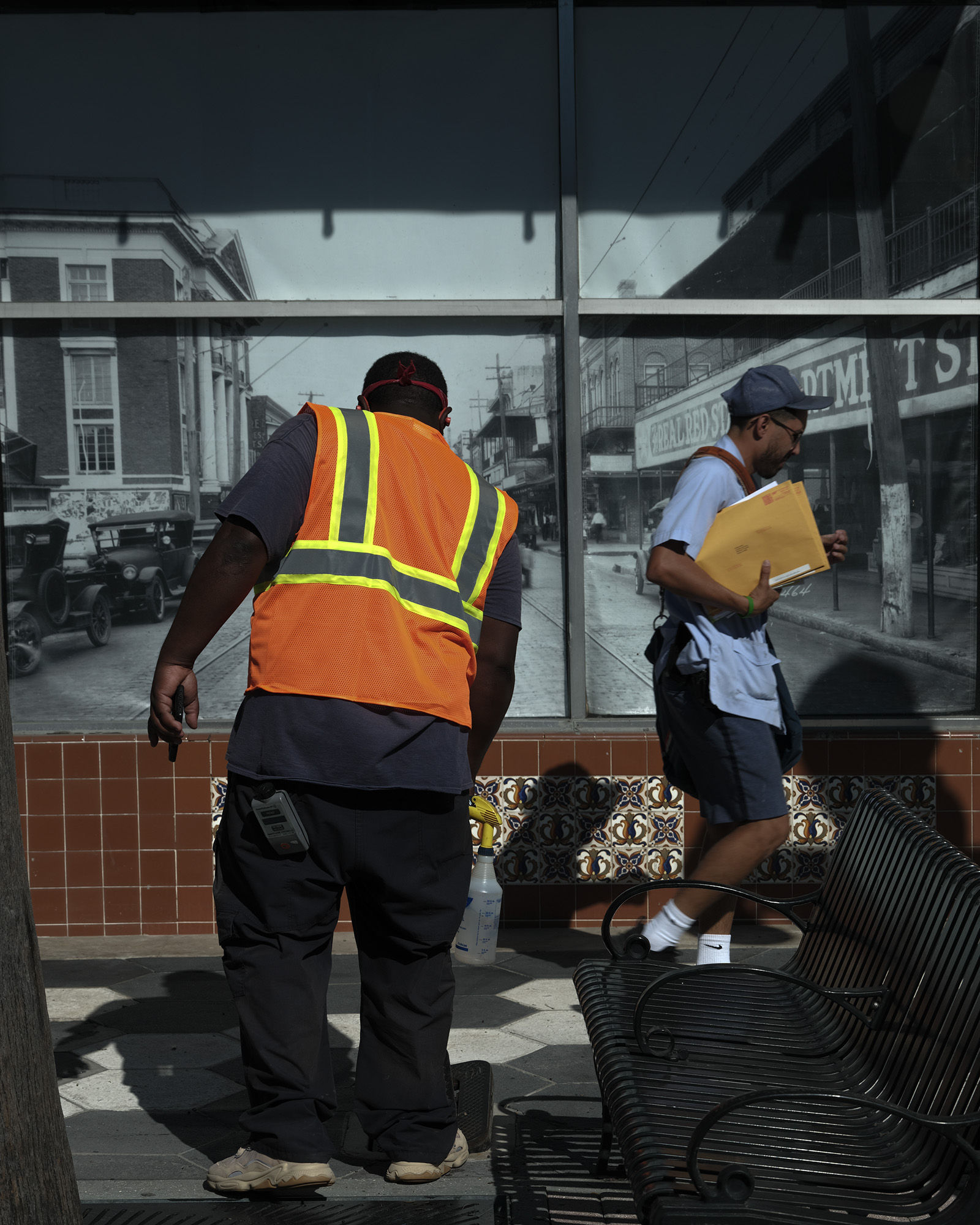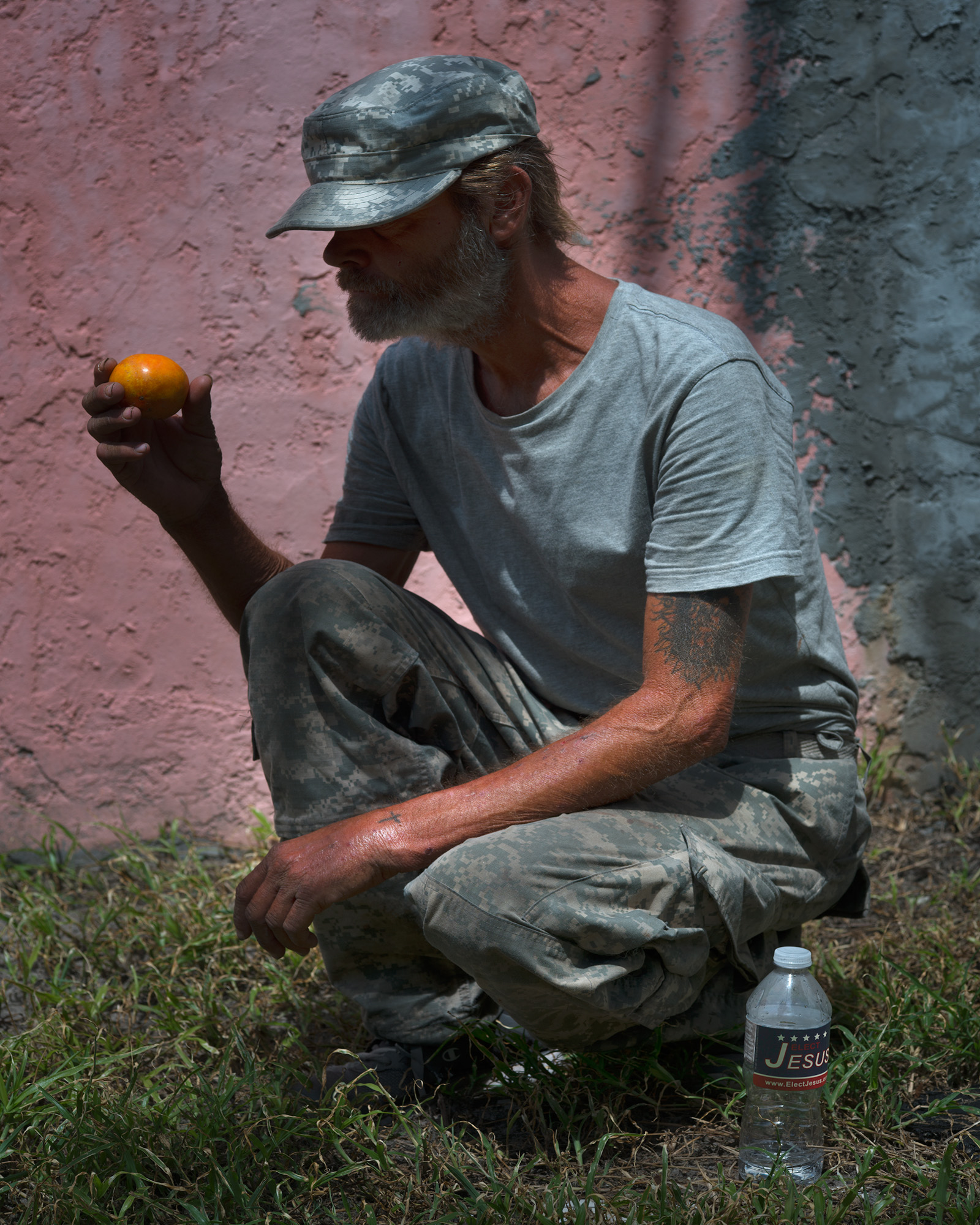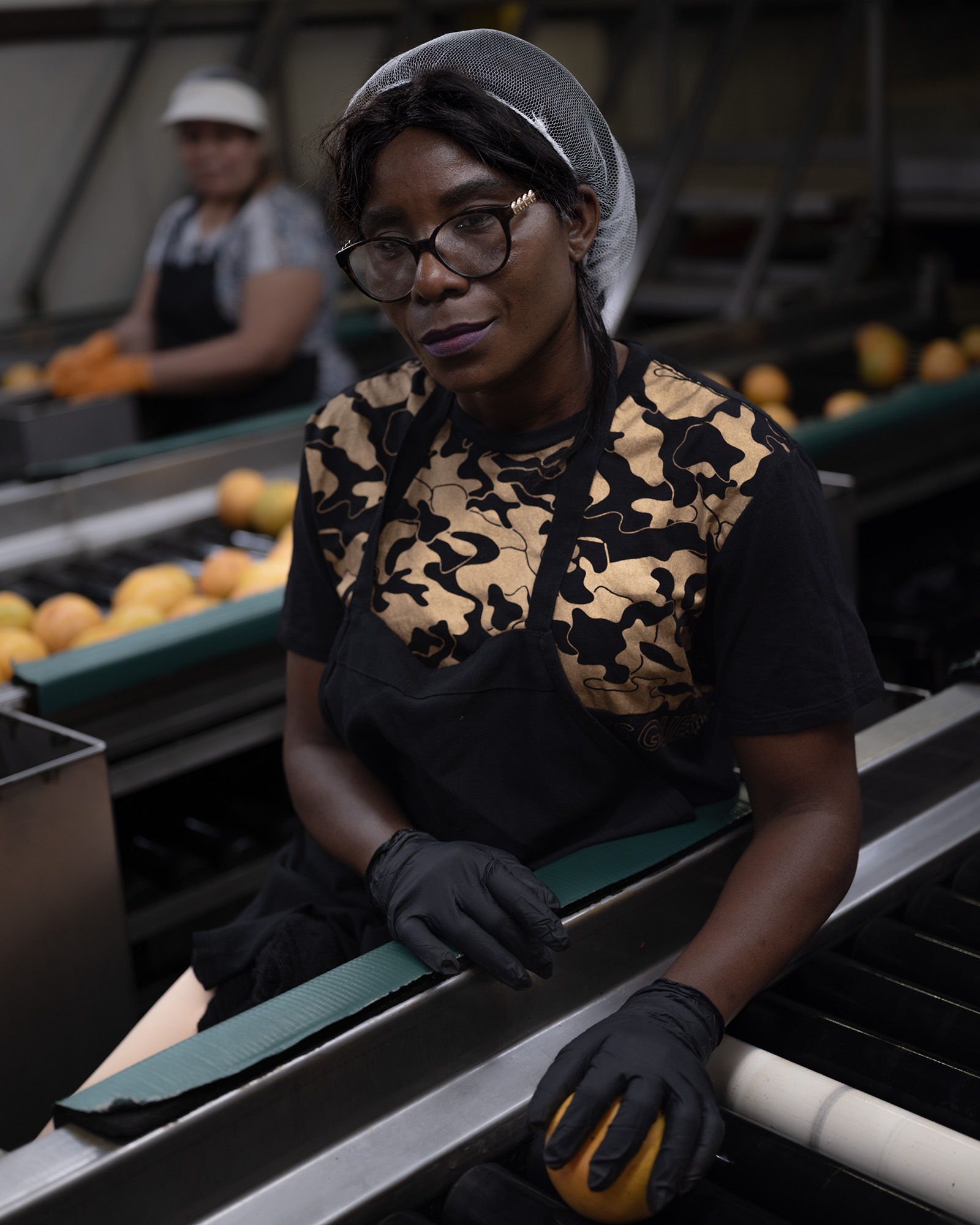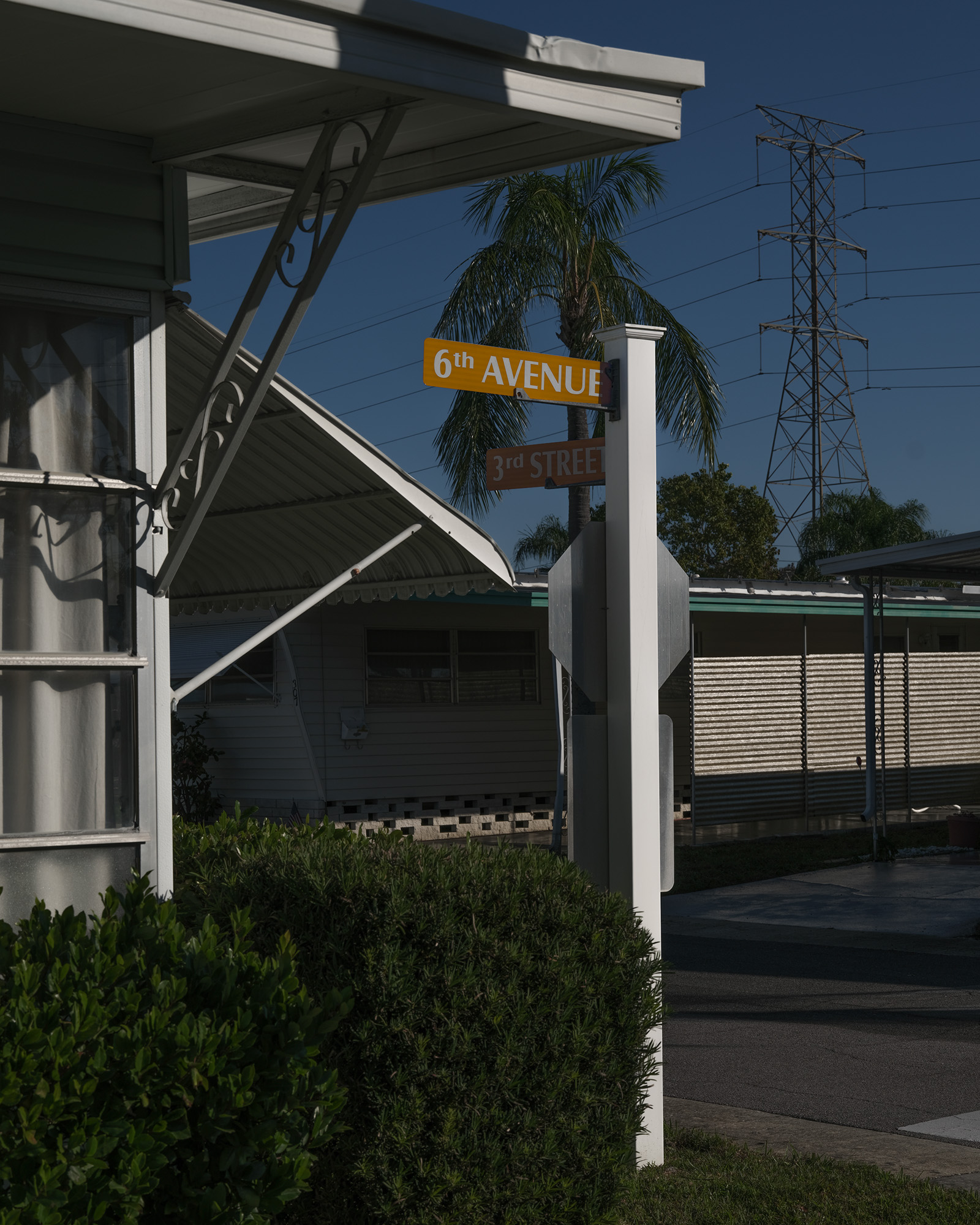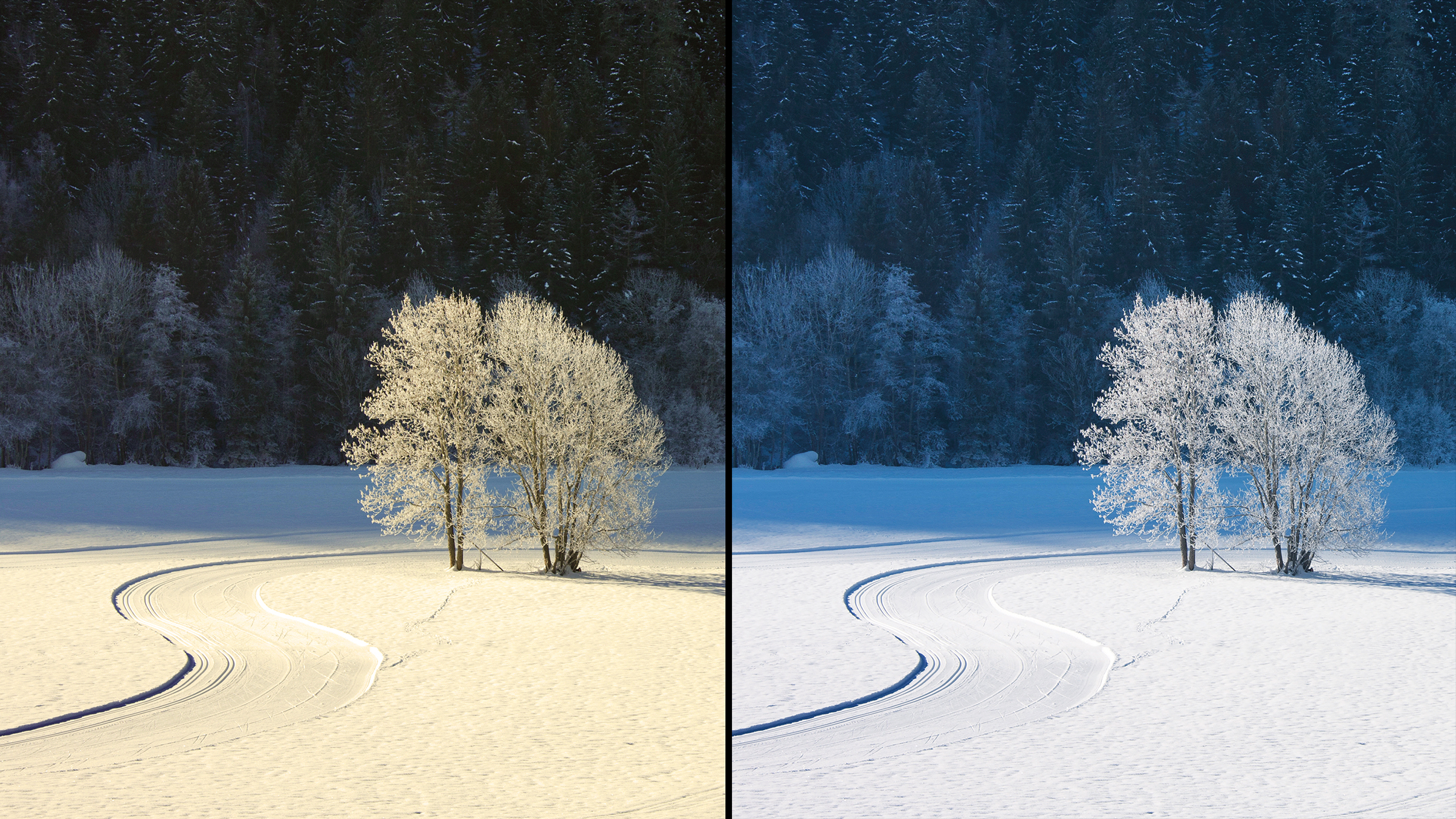Photographer Joshua Lutz captures the dichotomy of daily life in Central Florida
We talk to photographer Joshua Lutz about his new photography book 'Orange Blossom Trail'

Orange Blossom Trail is a new photography book collaboration between photographer Joshua Lutz and writer George Saunders, using the Orange Blossom Trail in Florida as a vehicle to comment on contemporary life in the American state.
The Orange Blossom Trail is located in central Florida, USA, and is often idealized for its sunny climate, theme parks, and enchanting beaches. While the stunning landscape may be accurate, the reality of daily life for residents, however, is much less lush.
Through engaging documentary photography, Lutz takes us on a journey through the towns and people battling the dichotomy of economic hardships and the paradise in which they are situated.
Lutz captures moments of peace and solitude, finding unexpected beauty in derelict buildings and rundown neighborhoods. This highlights the underlying issues of the area and the hardships of daily life, while at the same time, depicting the hope and resilience of the people who call it home.
The balance between incredible photographs and challenging perceptions and highlighting social and economic issues of the area is extremely considered in Orange Blossom Trail. To understand more about his approach and to get started on a project like this, I spoke with Lutz about the book.
What inspires you to get started on a new photography project?
A new project always begins with a hint of an idea from the previous work. Once that idea starts to take shape, I look for ways to unpack it differently than I have in the past. You can find a loose thread connecting all my projects. For example, there’s a photograph I took of an unhoused veteran holding an orange in Mind the Gap, which became the basis for Orange Blossom Trail. I didn’t know it would evolve the way it did, but something about that image felt unresolved and kept pulling me back.
Orange Blossom Trail is a visual metaphor for the location and its people. I wonder if you can give a brief overview of the subject matter?
Exactly. In the broadest sense, the subject is the trail, which is a real place I spent a lot of time exploring. Within that trail, there are the people who live and work there, the groves nearby, and of course, the orange processing plants. The work touches on both the literal aspects you see in the images and the metaphors they evoke. The metaphors aren't direct, like "this represents that," but more about how we can look at broader ideas. I'm fascinated by how we live, work, and the stories we tell about those experiences.
How do you approach shooting in this way?
Is it a developed concept with a shot list that you shoot for, or is it more of an instinctual exploration of the place?
I try to set my intention to stay in process and explore, but I always have some sort of plan—whether it’s looking for something specific or heading to a certain location. Nine times out of ten, whatever I had in mind turns out to be far less interesting than what comes up during the process.
The book is a collaboration between you and writer George Saunders. How did this collaboration come about? And how does it enhance the body of work?
George and I first worked together about fifteen years ago on an assignment for Esquire about a tent city in Fresno, CA. We formed a loose friendship and stayed in touch over the years. I knew I wanted text in this work, but I also knew I wasn’t the right person to write it. Part of that comes from what I mentioned earlier about finding ways for each project to be different. In my last book, Mind the Gap, I wrote all the accompanying texts. This time, I wanted something else, and George was the obvious choice.
Was the work photographed in response to any of the writing?
No, we actually framed George’s writing around the images. We chose three stories to build upon for the book. The first deals with the miracle of birth and the environment surrounding it, the second explores labor and the disconnect between classes, and the third touches on impermanence and the stories we tell ourselves. The progression of these three themes creates a bit of a linear narrative we were looking for to tie the work together.
Are you working on anything else at the moment?
Yes, a few things. I photographed a lot of trees for this book, especially these incredible Live Oak trees that still haunt me. I'm still exploring those images. And I’ve also written a book on contemplative photography, but it still needs another draft.
I would be remiss not to ask about what equipment you shot with. What camera/lens combination did you use?
I mostly shot with a Fujifilm GFX 100 with an 80mm (Fujifilm GF 80mm f/1.7 R WR).
How did this help you capture your desired results?
It’s always a balance between being as nimble as possible and having the right equipment. I like to keep things simple and discreet. The results with the Fuji are phenomenal, but it's a bit bulky. I wish I could get the same results with a smaller, more compact camera.
Orange Blossom Trail is a beautiful photography book published by Image Text Ithaca Press and an ideal holiday present for any photographer. It is available now in the US and for preorder in the UK for scheduled release on November 28 ($40 / £35 / AU $60).
Check out our guide to the best coffee table books, the best books on photography, and the best Fujifilm cameras.
The best camera deals, reviews, product advice, and unmissable photography news, direct to your inbox!
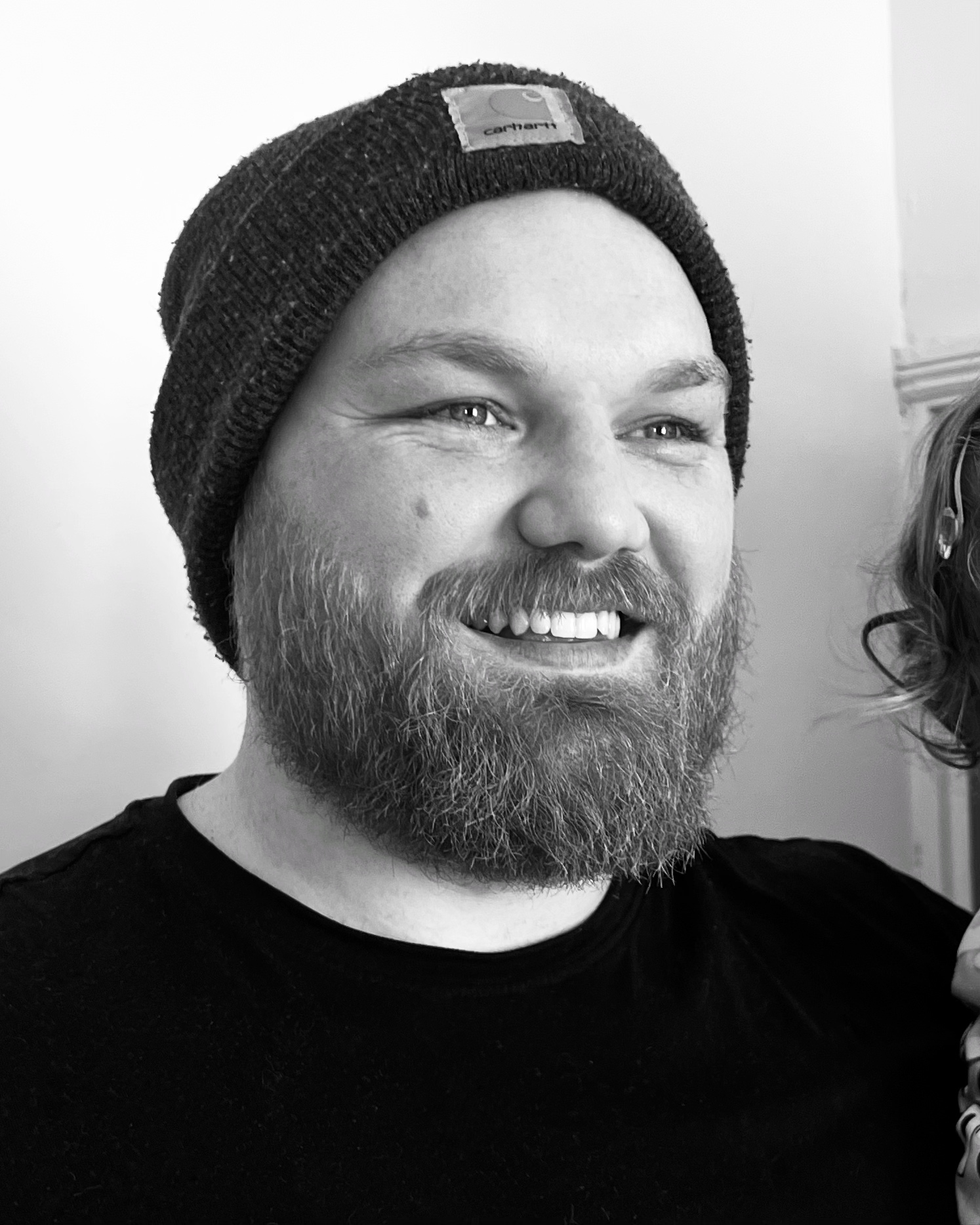
Kalum is a photographer, photo editor, and writer with over a decade of experience in visual storytelling. With a strong focus on photography books, curation, and editing, he blends a deep understanding of both contemporary and historical works.
Alongside his creative projects, Kalum writes about photography and filmmaking, interviewing industry professionals, showcasing emerging talent, and offering in-depth analysis of the art form. His work highlights the power of visual storytelling.
